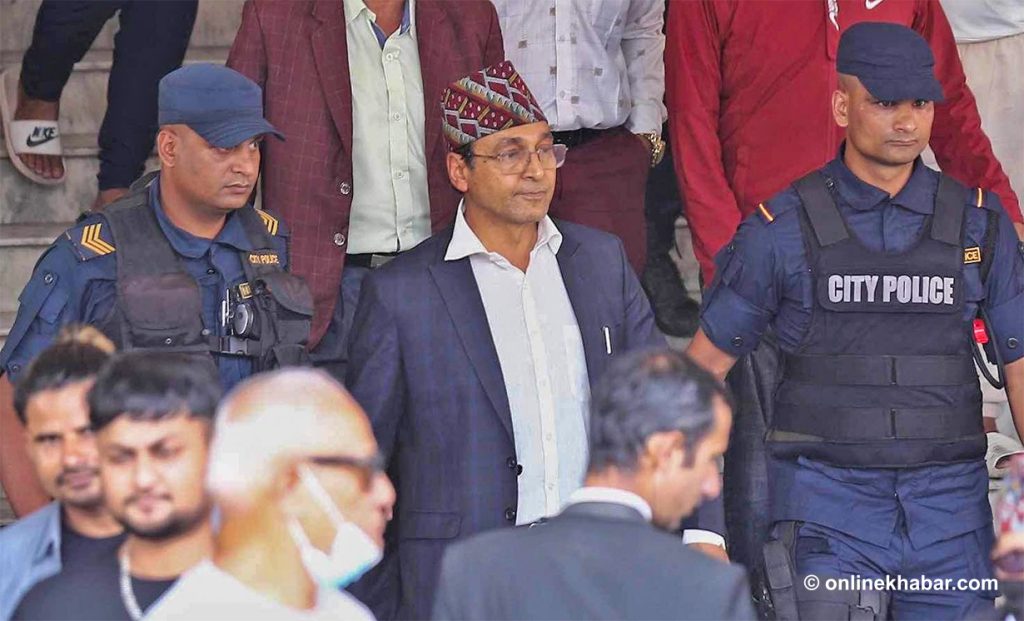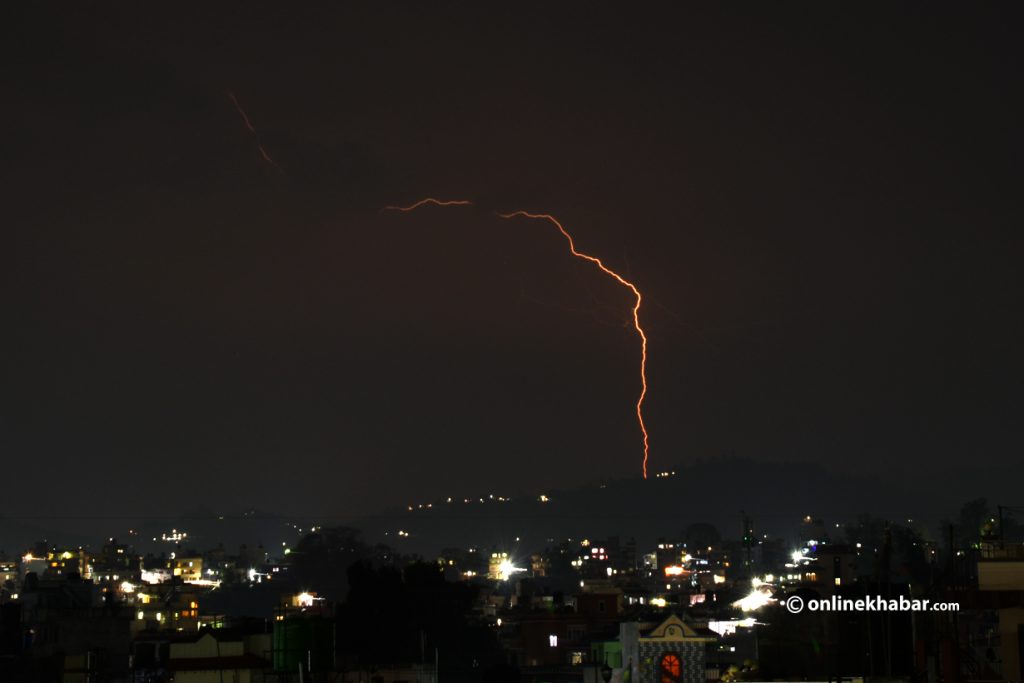
The judicial system is the cornerstone of any democratic society, which provides a mechanism for individuals to seek justice and resolve disputes. It is a crucial aspect of the legal framework of a country. It ensures that citizens receive fair and timely justice.
It means for a democracy to survive and thrive here, courts in Nepal should be functioning smoothly. However, they are hit by a problem that is growing bigger every day: a backlog of unheard cases.
The backlog of cases is causing significant delays in resolving disputes at almost all courts in Nepal. It is obvious that the problem is detrimental to access to justice for many individuals. The situation is further complicated by the Covid pandemic, which has resulted in significant delays in court proceedings, leading to an even greater backlog of unheard cases.
Hence, it is imperative that the country’s judicial system immediately think of solutions to help courts in Nepal get out of this perpetual problem.
Causes and consequences
The reasons for the backlog of cases at courts in Nepal are complex and varied. Sometimes, it is due to a lack of resources, such as funding and staffing. In other cases, it is due to the increasing complexity of cases and the growing demands on the court system.
Whatever the cause is, the result is the same. Individuals are waiting for years to have their cases heard whereas many cases are not being heard at all. The impact of this backlog is far-reaching and damaging.
For individuals who are waiting for their cases to be heard, it can lead to significant financial and emotional stress, as well as a sense of hopelessness and frustration. In some cases, it can also lead to the loss of business or a home, or even the loss of custody of a child.
The longer the wait, the greater its impact on the individual. It is similar to the saying that justice delayed is justice denied.
According to the data collected by Advocate Deepak Raj Joshi after filing a right-to-information application to the Supreme Court, the court’s constitutional bench received 669 writ petitions until February 12, 2023, since the establishment of the bench in 2015. But, in the period, only 421 petitions have been resolved. It is apparent that the Supreme Court in general (besides the constitutional bench), as well as other high and district courts in Nepal, is not in a better position.
The solutions

To address the growing problem of unheard cases at courts in Nepal, the government, civil society organisations and the media should work together to find a solution.
As per the constitution, the Supreme Court can have 20 justices in addition to the chief justice. But, currently, there are five positions vacant. While the stipulated number (20) besides the chief justice is not sufficient, keeping the positions vacant is not helping the case.
The government is not serious about appointing additional justices and judges. Meanwhile, the courts in Nepal are underfunded and understaffed, which needs to be addressed first.
Nepal can follow the practice of the United States of America, which has implemented several measures to reduce the number of unheard cases in its court system. One such measure is the introduction of pre-trial diversion programmes, where low-level offenders are given the opportunity to undergo rehabilitation programmes instead of going through the court system.
This has not only reduced the number of cases in the court system but also helped to reduce the rate of recidivism. Similarly, in the United Kingdom, the government has introduced a number of initiatives to reduce the backlog of cases. One of the most successful initiatives has been the use of alternative dispute resolution methods, such as mediation and arbitration.
These methods help to resolve disputes between parties without the need for a formal court hearing. This has not only reduced the number of cases in the court system but also helped to reduce the cost and time associated with traditional court proceedings.
Likewise, in India, the government has introduced an e-court, which allows for the electronic filing and management of cases. This has helped streamline the court system and reduce the backlog of cases. The use of technology has also made the court system more accessible to citizens, particularly those in remote areas.
So it is time for courts in Nepal to take a cue from these countries and find their own way to solve this problem.
Besides the initiatives mentioned above, training programmes should be introduced to equip the staff at courts in Nepal with the skills and knowledge necessary to manage cases effectively. Additionally, it is important to raise awareness of the issue and engage the public in finding solutions as this will help build public support for reforms and encourage greater accountability.
Failure to address this issue may lead to increased public dissatisfaction and a significant negative impact on the reputation of Nepal’s judicial system. The key is to adopt innovative and effective methods that can help to streamline the process and deliver justice to citizens in a timely and efficient manner.
























